by Jeremy Gasta, Florida A Rocha Intern
Having grown up in Colorado and having returned for an internship, the humidity of Orlando surprised me. However, as my heart lies with the ocean, I was very excited to participate in Florida A Rocha’s Marine Research and Exploration Trip. I graduated with a marine biology degree from the University of Hawaii and spent a summer leading snorkel trips in Maui the previous year. This trip, and A Rocha as a whole, had really caught my attention because they marry the aspects of conservation and Christian faith. I hoped to not only have interesting oceanic adventures but to learn more about how to meld these concepts into one.
Though there’d been uncertainties due to the pandemic, I was happy that plans had not fallen through. Dr. Bob Sluka, lead of A Rocha’s Marine Conservation Program, met me outside of the airport. Tall, his long hair pulled into a ponytail, and wearing a tie-dye manatee shirt, he was the epitome of a marine biologist. The Sluka family hosted us in their home, and everyone was friendly, caring, and compassionate about the environment. They handled COVID concerns smartly and safely: most of our work was outdoors, and large groups of people were avoided as much as possible.
Lots of emphasis was put on the ‘Exploration’ of this Marine Research and Exploration Trip. Most days consisted of traveling to new locations and completing new activities. We visited various beaches for research and for fun. We snorkeled, kayaked, and bodyboarded. We hunted for microplastics and tried our hand at identifying seabirds. Our little posse explored Orlando Wetlands Park, swam in cold springs, learned about sustainable community farming, and even got to see a rocket launch in the early morning!
While the trip was chock full of memorable experiences, two of them really stood out to me. The first was my experience kayaking on the St. John’s River, next to Blue Spring State Park. While the spring itself was a beautiful and clear snorkeling spot, kayaking on the river that it fed into struck more of a chord with me because of the sheer number of alligators. I had never been in such close proximity to these fantastic predators, and seeing them in the wild was an exciting and humbling experience. We spotted at least four, ranging from a young one not even two feet long to a huge adult longer than me. They were all extremely polite and didn’t give us any trouble, and in turn, we respected these great reptiles and gave them plenty of space.
While gators were cool, the second, and easily the most magical moment, was kayaking among bioluminescent plankton at night. We started in a brackish river system before sundown, getting to paddle alongside manatees – an awesome experience in itself – before watching the sunset. As darkness fell, the waters began to light up like the overhanging stars. Any movement – wave action, paddling our boats – stirred up the plankton and caused a glowing reaction. Simply touching the water made the sea light up brilliantly. Fish could be seen darting beneath the surface, seeming like ancient spirits flitting in from another realm. All in all, this was one of the most surreal and beautiful moments of my life.
While there was lots of fun and exploration, we completed research as well. The main conservation focus was on microplastics: small, degraded bits of plastic that are tragically ubiquitous in most waters, causing health problems in marine life that ingest it. We surveyed several beaches for nurdles – small building blocks of most plastic material – and took sand samples from multiple beaches to sieve and analyze. These samples created the bulk of the research work. Collecting and sieving them took a hefty amount of effort, and finally getting to analyze the microplastics within each sample was an eye-opening exercise. It’s shocking how much plastic is hidden within relatively small volumes of sand! This gave a clear picture of just how pervasive this microplastic problem is, further revealed through discussions our group had, and documentaries we watched. All of the data we collected will help scientists understand the microplastic crisis, and while this was sobering, it was nice to help complete conservation work alongside our other activities.
A Rocha’s Marine Research and Exploration Trip was hugely helpful for my personal growth. As someone interested in working for or creating a marine-focused nonprofit someday, the Florida team was more than happy to entertain all of my ceaseless questions about their experiences and the day-to-day running of nonprofits. Even if you completely removed all the adventures and conservation work of this trip, the patience and kindness of my hosts along with the wealth of knowledge they were eager to share was more than worth the cost. Also of great value was getting to meet and talk with other people in nature or conservation-focused fields, including employees from Disney’s Animal Kingdom and a local pastor focused on community-based farming. All the things I learned helped me feel less anxious about finding THE perfect job and assured me that many paths can lead me to my goals: an important lesson for a recent graduate trying to find his role in the world. I also appreciated the Christian focus of the trip, which makes A Rocha so unique. The conservation work comes from a Christian motive – believing we have an obligation to preserve God’s nature and creatures – and I found the personal philosophies of A Rocha’s employees on marrying faith and conservation fascinating.
The two weeks passed in a flash, and, while I was sad to depart from all of these wonderful people, I walked away with a wealth of knowledge and once-in-a-lifetime experiences. I learned so much that will help my career path going forward, and, more importantly, my walk with God.

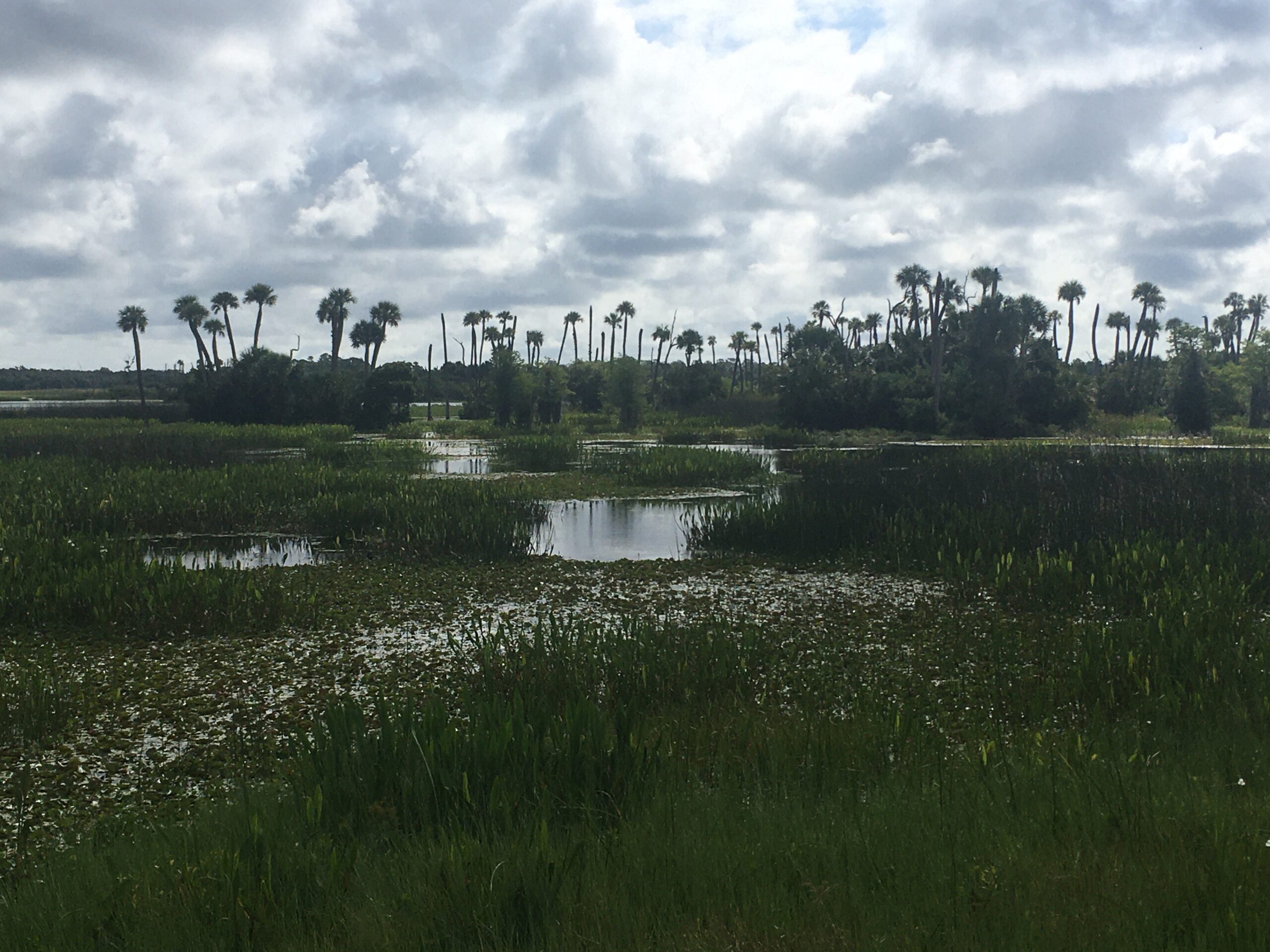
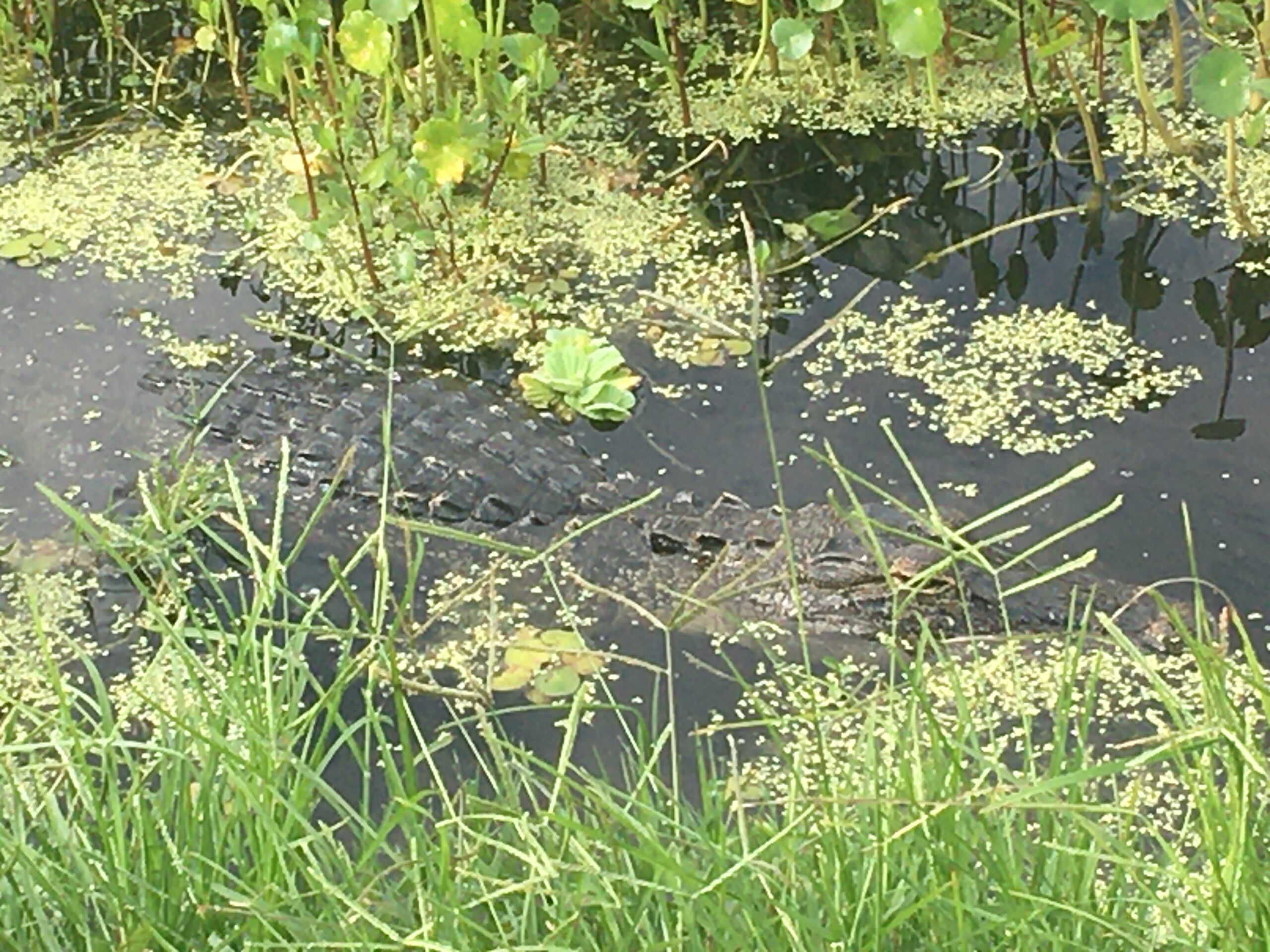
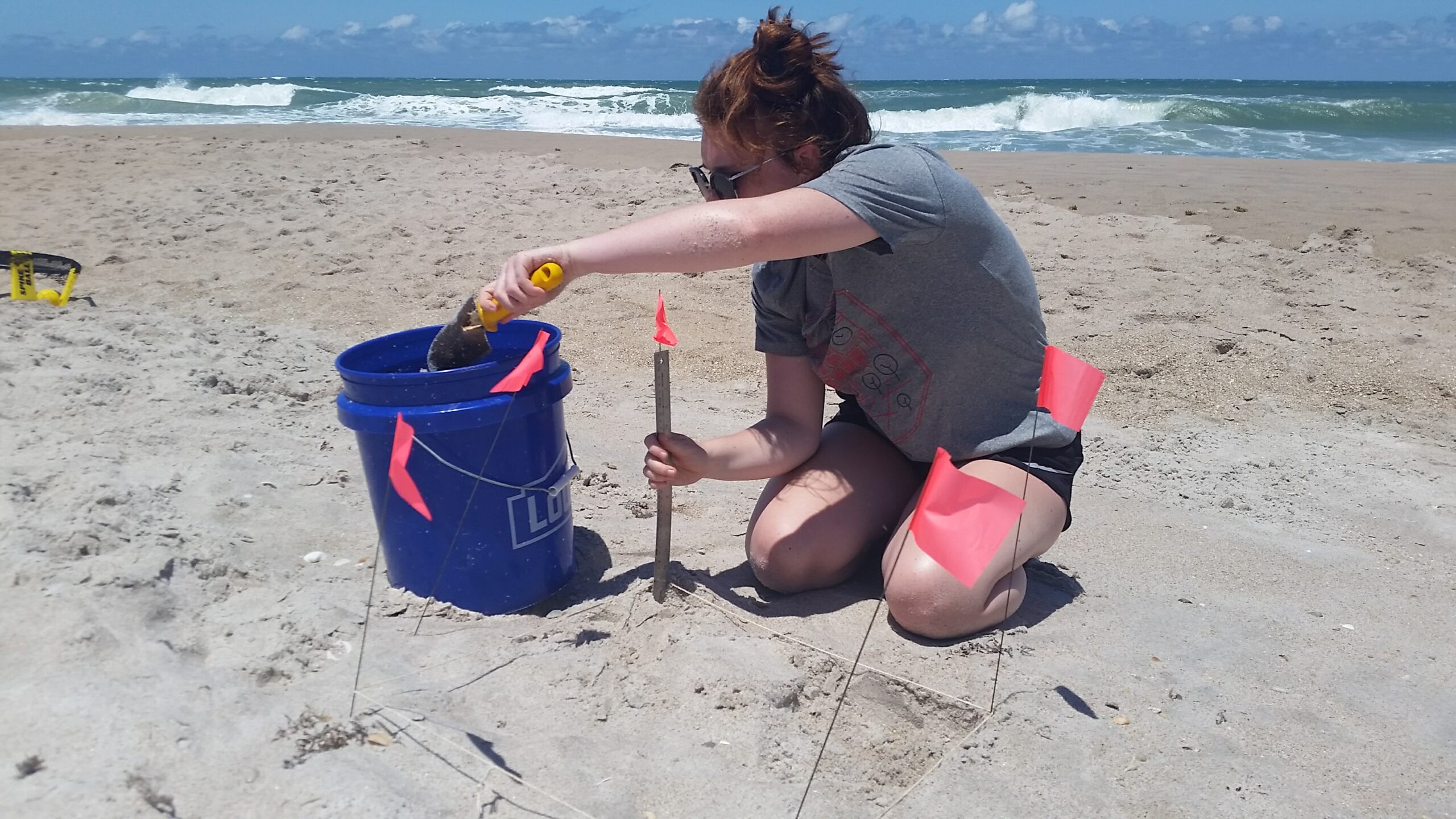
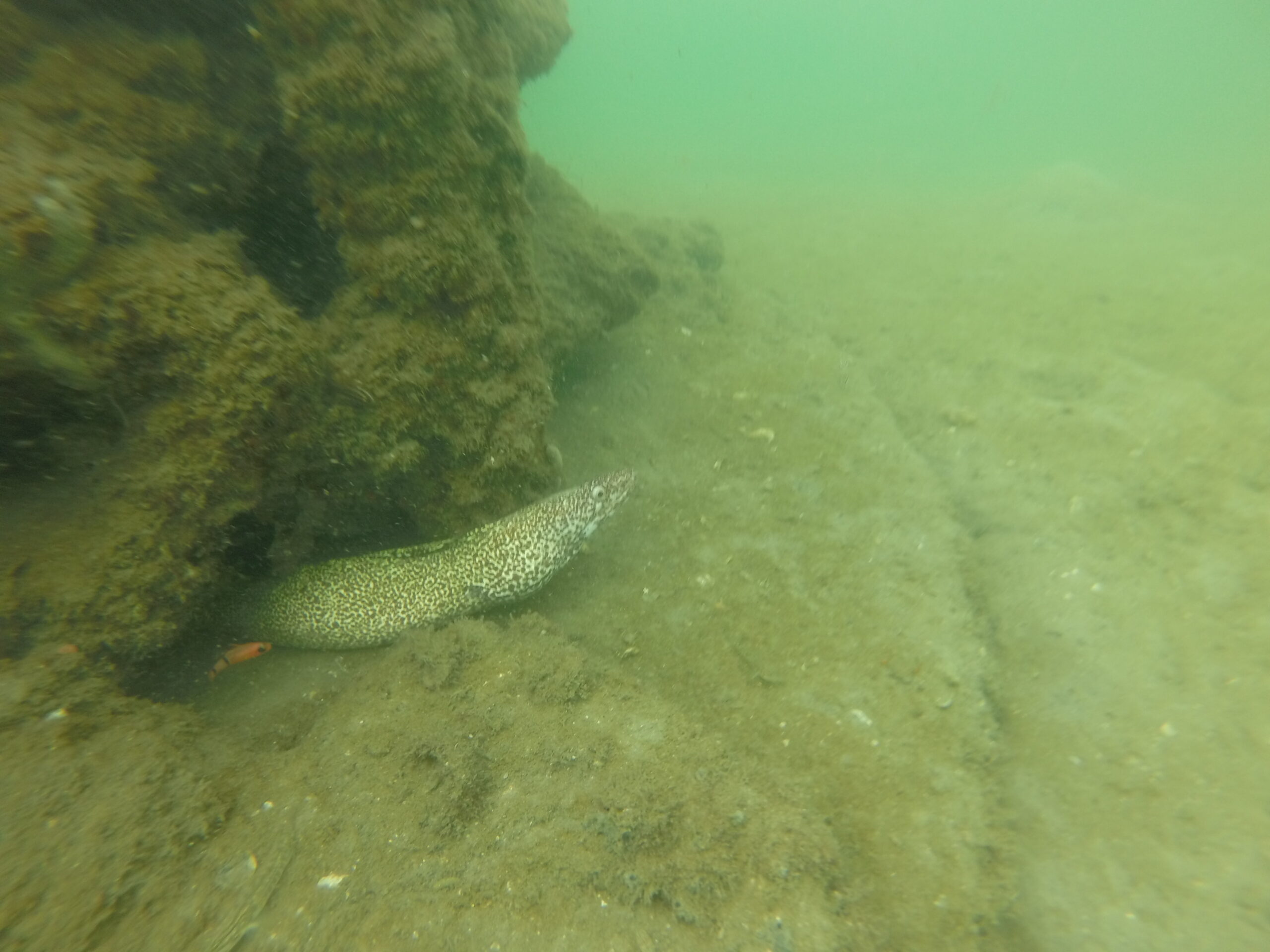
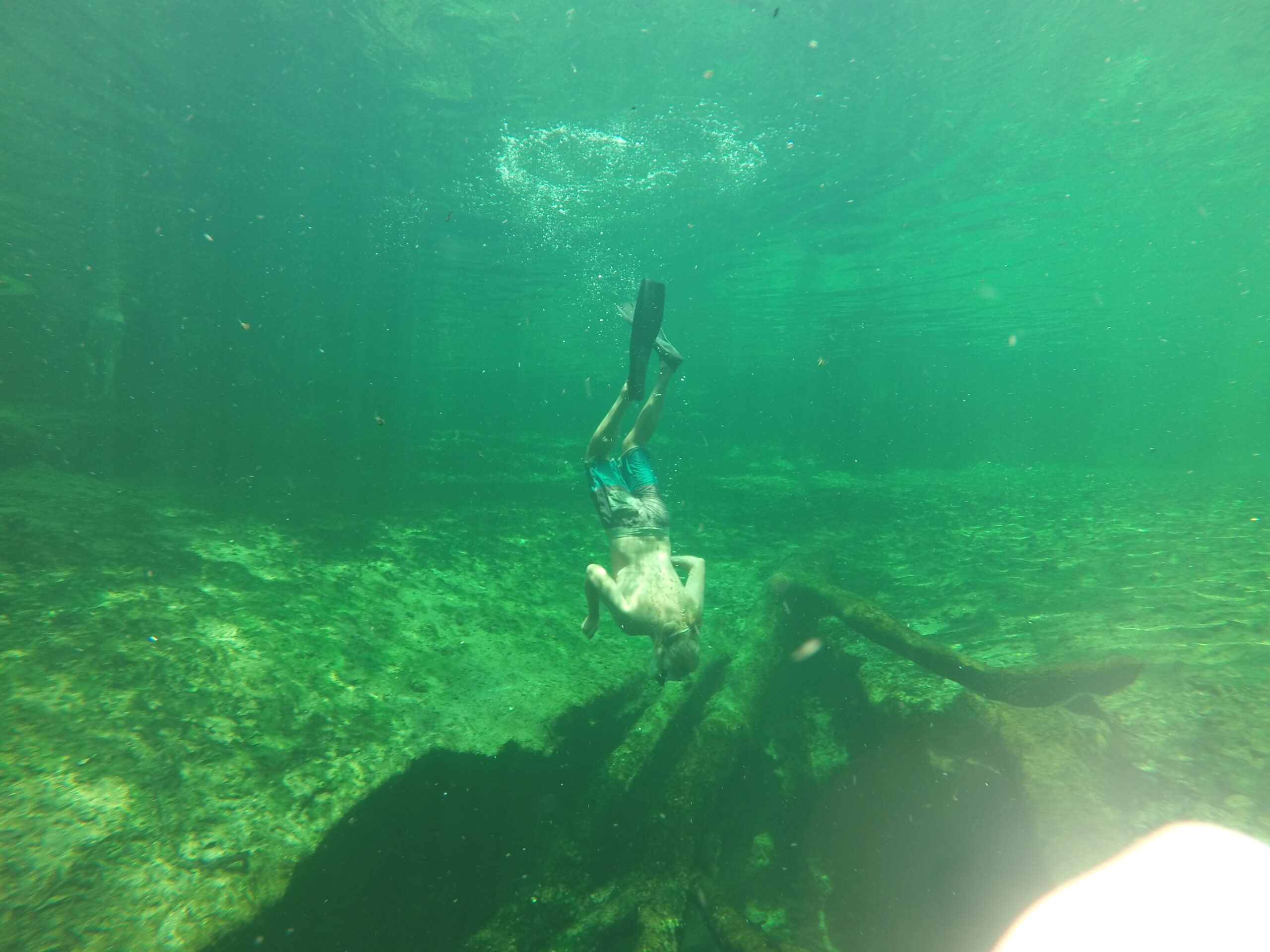
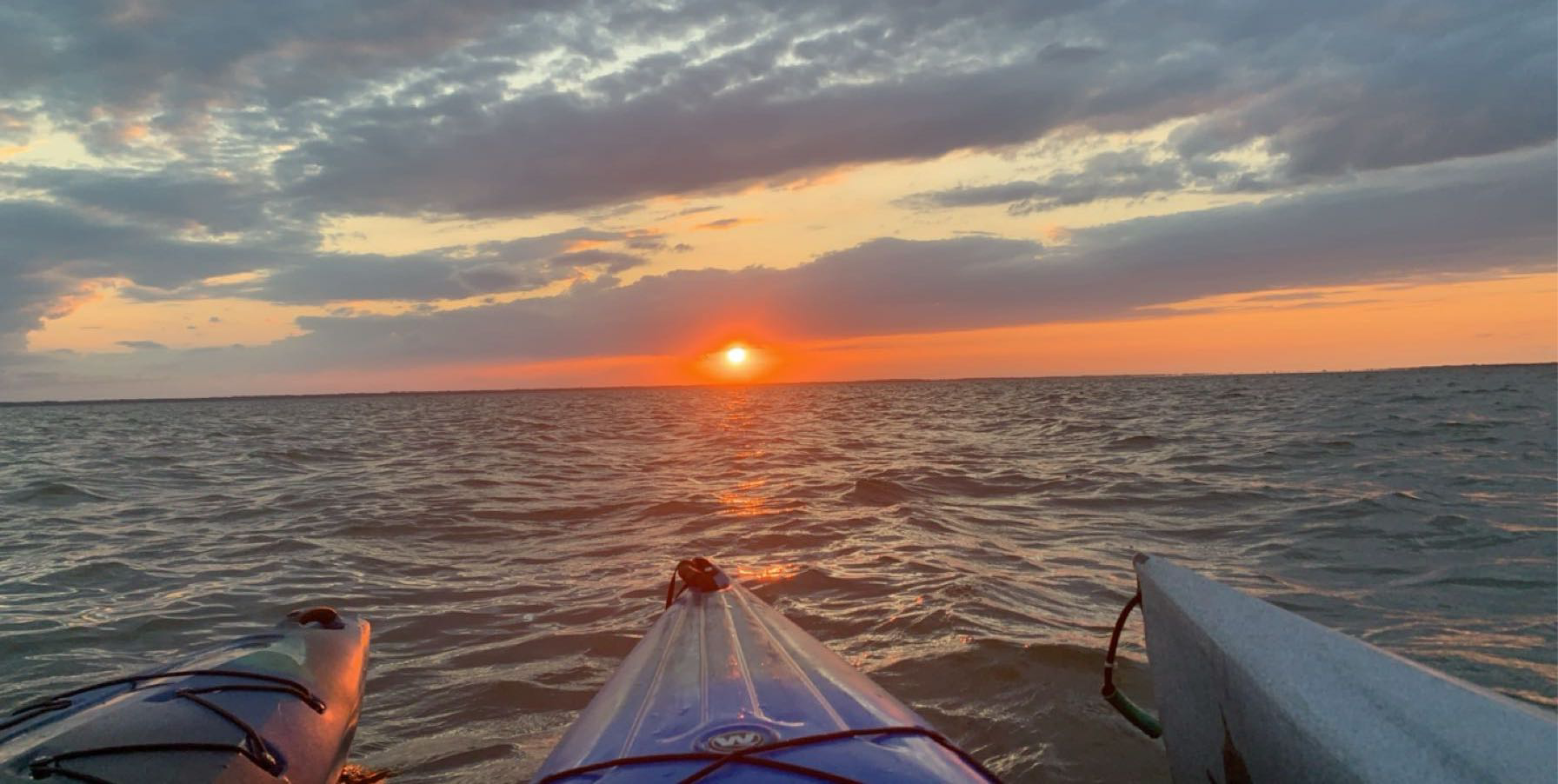
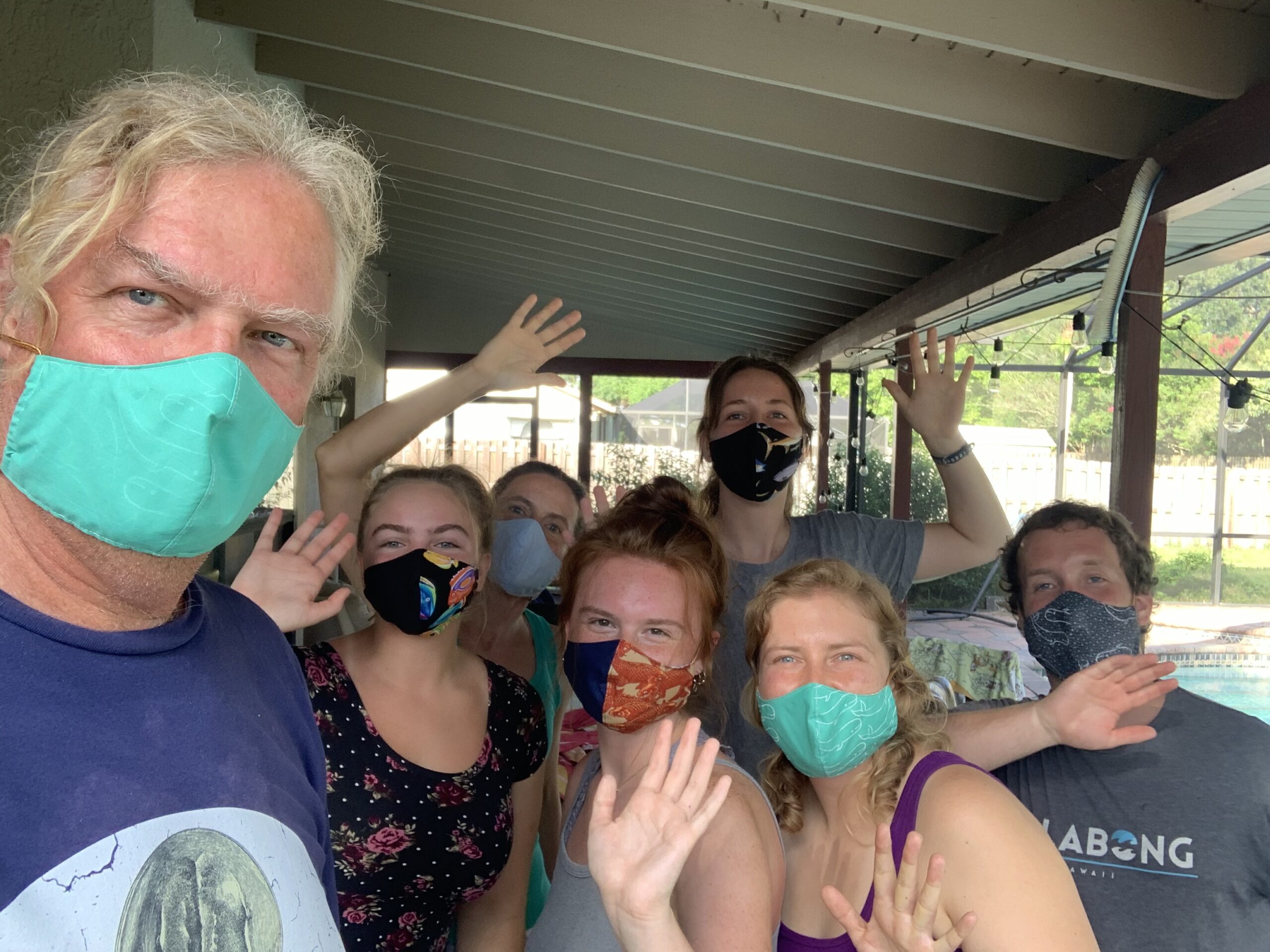







[…] more about Jeremy’s experience on the 2020 Research and Exploration trip here. Questions? Email […]